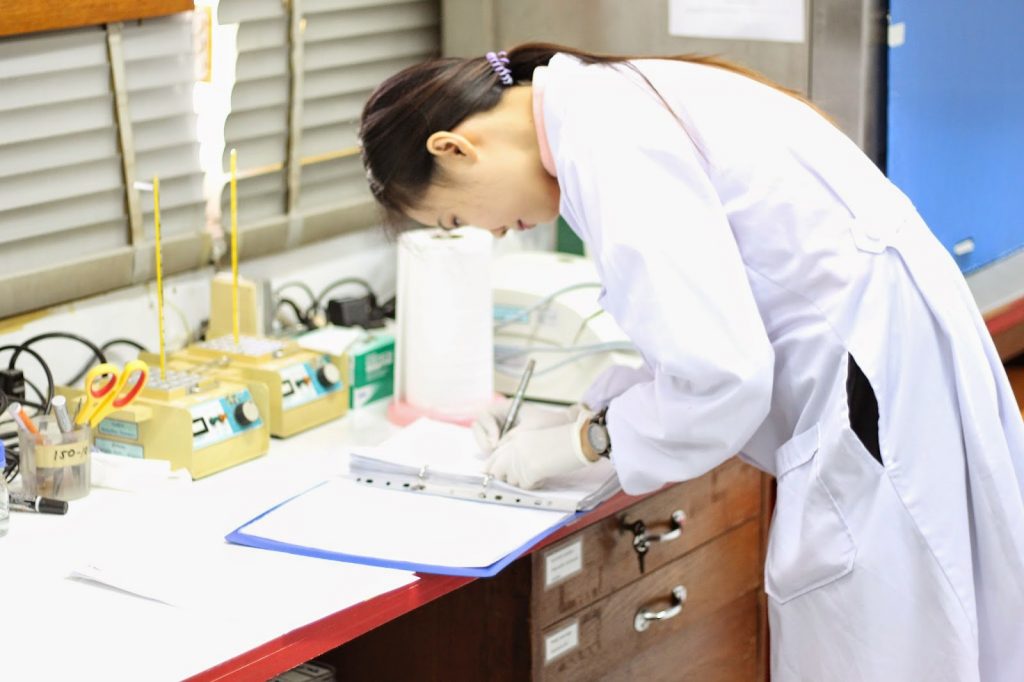Europe has taken a leading position in relation to reducing greenhouse gas (GHG) emissions by adopting ambitious policies for the development and diffusion of renewable energy technologies. However, research and development (R&D) in new technologies is increasingly taking place on a global scale. This increasingly also involves the relocation of R&D and value-adding innovative activities to emerging economies, such as China, India and Brazil, by multinational companies (MNCs) from Europe.
The CARISMA project has published a policy brief titled "Outsourcing and Offshoring R&D in Green Technology to Emerging Economies: Opportunities and Challenges for Europe". The policy brief, written by Ulrich Elmer Hansen, Cecilie Larsen and Thomas Hebo Larsen of the UNEP DTU Partnership in Denmark, discusses the opportunities and challenges of R&D outsourcing and offshoring. The policy brief can be downloaded via the CARISMA website: CARISMA Policy Brief Series.
Outsourcing and offshoring
International R&D outsourcing involves placing parts of the innovative tasks conducted by European MNCs to foreign (external) contract vendors. International R&D offshoring involves the establishment of foreign-owned R&D centres by European MNCs to conduct high-value company functions, such as design and engineering.
Indications of this trend are discernible, for example, in the increasing number of foreign-owned R&D centres in China, which appear to have increased from 700 in 2005 to around 1,250 in 2009. Also, the number of co-invented patents involving partners from China and India, in international R&D collaboration projects conducted by European companies, has increased significantly.
This relocation of R&D to emerging economies is generally encouraged by the accumulation of innovative capabilities in firms and industries and the availability of skilled and cost-efficient labour over recent decades in emerging economies.
The implications of this globalization of innovation activities for (i) the involved European firms and industries; (ii) the European host economies and regions in which they are embedded; and (iii) the development and diffusion of renewable energy technologies in Europe and beyond, are currently not well understood.
Opportunities
The findings suggest that there are a number of economic benefits for European MNCs that can be derived from the outsourcing and offshoring of R&D activities to emerging economies. These benefits include:
- Increases in productivity and innovative performance
- Reduced costs of innovation activities
- Access to new and emerging markets
- Economic growth and job creation
- Access to multiple and diverse knowledge pools.
R&D outsourcing and offshoring therefore can play a defining role in sustaining the competitive advantage of European MNCs. The available evidence also suggests that direct benefits for individual MNCs may spill over to create additional increases in productivity and employment in the local and regional economies in Europe in which the MNCs are located.
Challenges
The findings indicate that R&D outsourcing and offshoring does indeed involve challenges, not only for individual MNCs and firm managers, but equally so for European and national policy-makers and planning agencies.
A key challenge for firm managers is to overcome different types of "hidden" costs of R&D outsourcing and offshoring. These costs are related to the operational challenges in managing a globally dispersed network of R&D units and activities, which may lead to generate lower outcomes than anticipated in terms of productivity and performance. To that end, the establishment of appropriate means of communication and interaction mechanisms is a key element in ensuring the effective coordination and integration of knowledge developed across cultural, geographical and language differences.
Conclusions
Both opportunities and challenges are discussed more in detail in the policy brief.
To avoid hollowing out the knowledge base and the loss of knowledge-intensive jobs in Europe related to R&D outsourcing and offshoring, the adoption of policies aimed at increasing the supply of scientists and engineers in the European home countries could be considered. This could, for example, involve increasing investment in technical education and public-funded R&D programmes.
The CARISMA ppolicy brief "Outsourcing and Offshoring R&D in Green Technology to Emerging Economies: Opportunities and Challenges for Europe", written by Ulrich Elmer Hansen, Cecilie Larsen and Thomas Hebo Larsen of the UNEP DTU Partnership in Denmark, can be downloaded via the CARISMA website: CARISMA Policy Brief Series.

The policy brief is an output of the EU-funded CARISMA project.
CARISMA
CARISMA project
Project details
- Project title: “Coordination and Assessment of Research and Innovation in Support of climate Mitigation Actions” (CARISMA)
- Funding scheme: European Union Horizon 2020 Programme (EU H2020, grant agreement no. 642242)
- Duration: 3.5 years (1 February 2015 – 31 July 2018)
- Project coordinator: Radboud University, Nijmegen, the Netherlands
- Project website: www.carisma-project.eu


